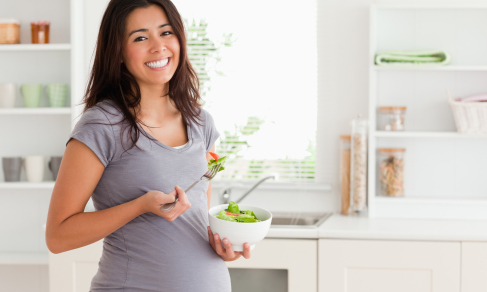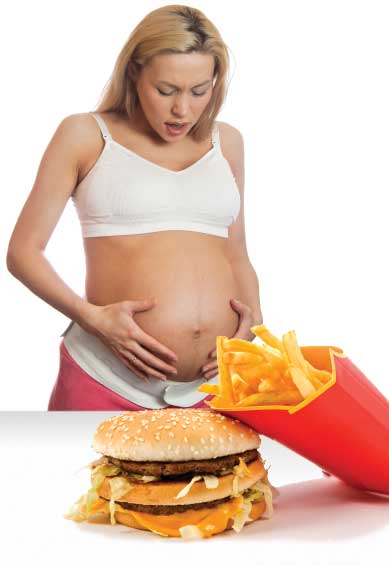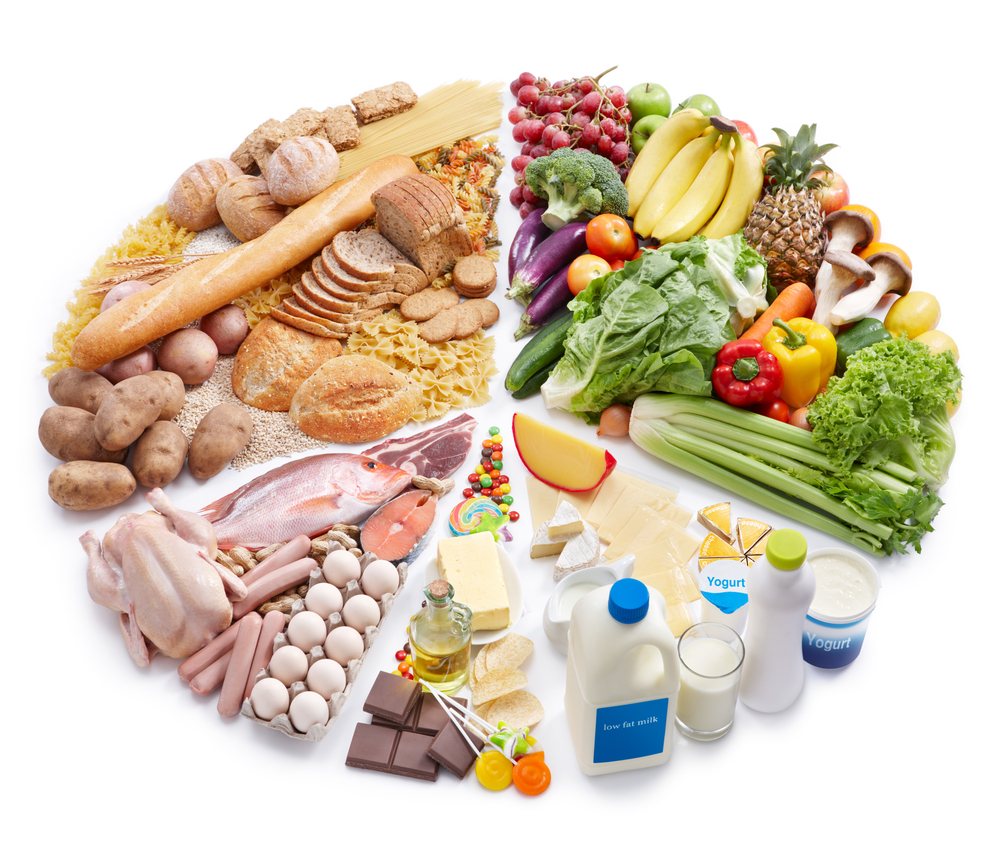Last menstrual period date:
Fruits and vegetables nutrition should be one of the important part of your pregnancy diet. Indeed, fresh fruits and vegetables not only contain a wide variety of vitamins and minerals, but antioxidants, phytochemicals, and fiber as well. As a general rule, it’s best to select organic produce whenever possible. If organic isn’t always possible for financial or geographic reasons, purchase organic when it most matters; each year the Environmental Working Group publishes their “Dirty Dozen” and “Clean Fifteen” lists which identify the foods most and least contaminated with pesticide residue. So which fruits and vegetables nutrition pack the most punch during a pregnancy? Read on to find out.
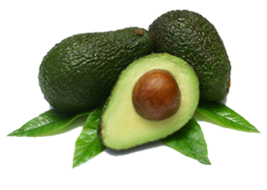 Avocados
Avocados
This fruit is ripe with folic acid, which every expecting mother needs abundant amounts of. This creamy fruit also offers great levels of vitamins B6 and C as well as potassium. Because of its soft nature, it can be enjoyed as a snack on its own, in salads and wraps, or spread on breads. It can top chilis or stews as well. It’s not important how you enjoy it, just that you do.
Broccoli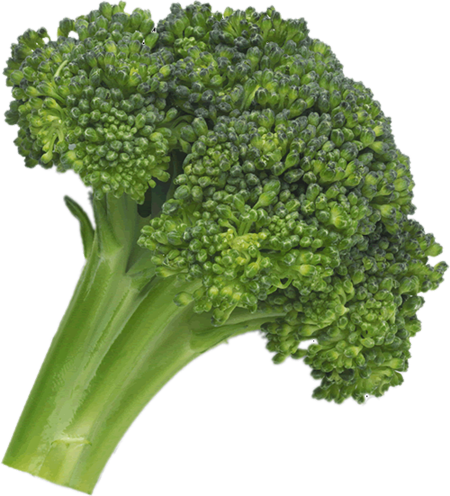
Get out the Bean-o because broccoli is a veggie powerhouse. This cruciferous vegetable contains folate and calcium as well as fiber. It’s also part citrus (just kidding)—it will however share its high levels of vitamin C with you. Vitamin C helps your body absorb iron, so pair it with fortified pasta, beans, or lean meat for even greater nutritional benefit.
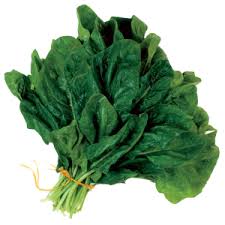 Dark, Leafy Green Veggies
Dark, Leafy Green Veggies
Collards, kale, spinach, Swiss chard, and other dark, leafy green vegetables are a must in a healthy pregnancy diet. Best consumed raw, these veggies offer wonderful amounts of folate, which is essential in preventing several severely debilitating birth defects. They are also rich in vitamins A, C, and K. And no need to worry about staring down another salad—you can combine them with other fruits and veggies in a delicious smoothie or juice them. If you go the juice route, just keep in mind that a good deal of fiber will be lost in the remaining pulp—and for the most nutrition, juices should be consumed right after being prepared. Waiting allows the juice to oxidize which destroys many essential vitamins.
Mangoes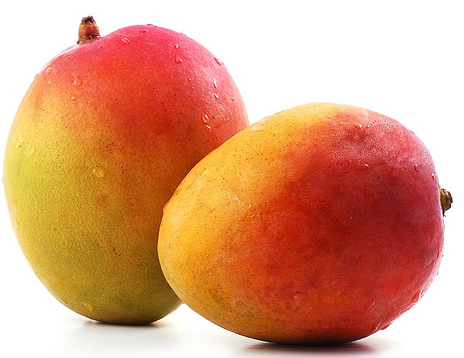
A ripe mango offers very high amounts of vitamins A and C. Like avocados, they also offer a high amount of potassium. This tropical treat can be enjoyed on its own, diced in a salsa, or blended in a smoothie. It’s important to understand how to choose a ripe mango; eating a fruit not quite ripe can lead to stomach upset.
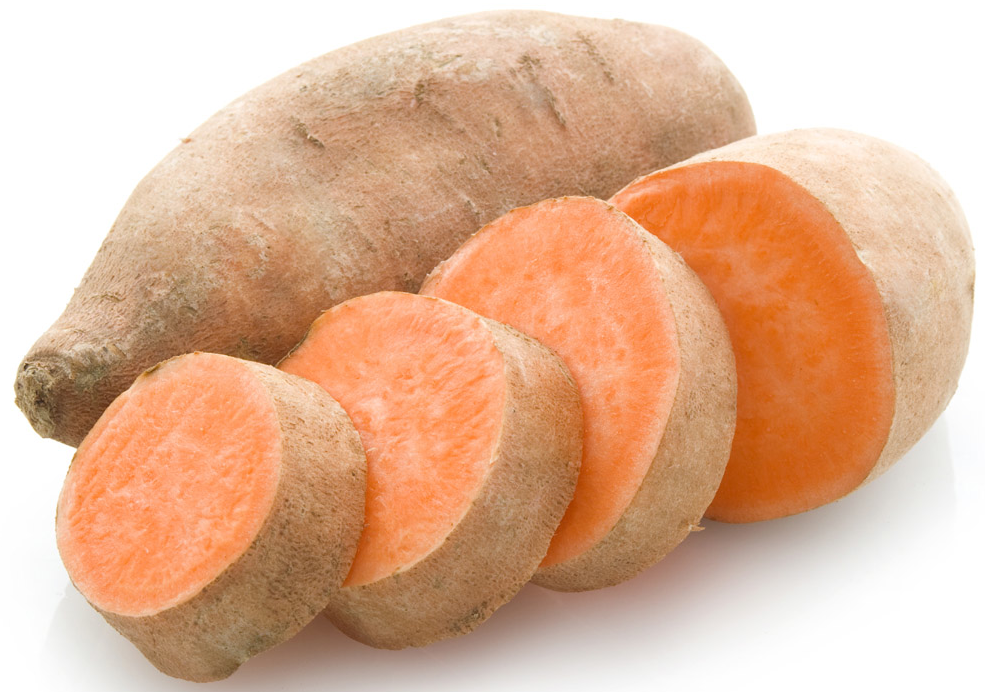 Sweet Potatoes
Sweet Potatoes
If you experience a craving for sweet, just pop this naturally-sweet vegetable in the oven and enjoy. The rich orange color of this veggie is due to its carotenoids—which the body can transform into vitamin A when needed. Sweet potatoes are also high in folate, vitamin C and fiber. Enjoy them with a pat of butter or even in muffins!
This list is by no means comprehensive, but it is a place to start. A good rule is eat more veggies than fruits—aim for at least six servings a day. And don’t forget the ability of a good smoothie or juice to combine five or more together at once! Studies show that your baby actually begins to “taste” the food you eat through the amniotic fluid towards the end of your pregnancy; therefore it’s important to expose your little one to a wide variety of fruits and vegetables nutrition. The wider the variety, the less chance your little one will become a picky eater later in life!
My content

